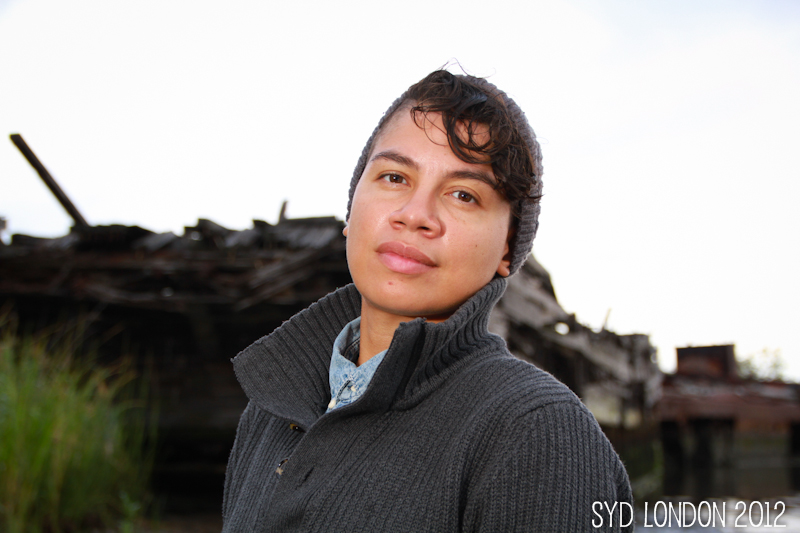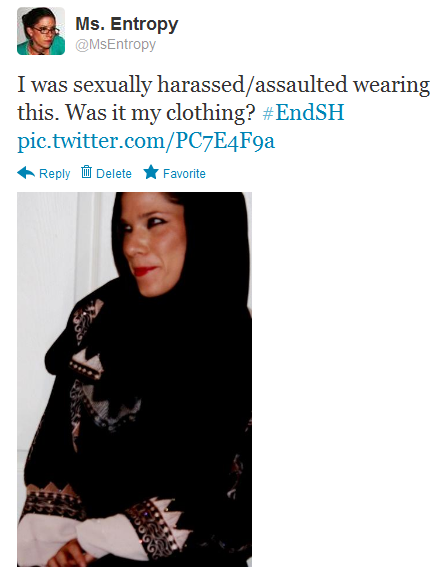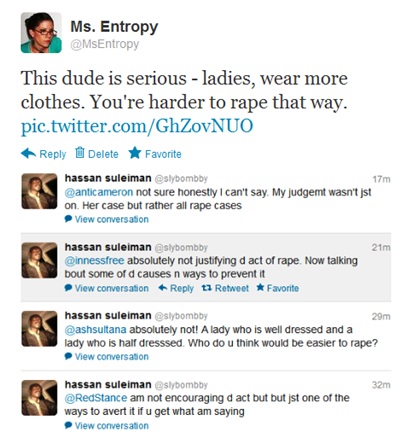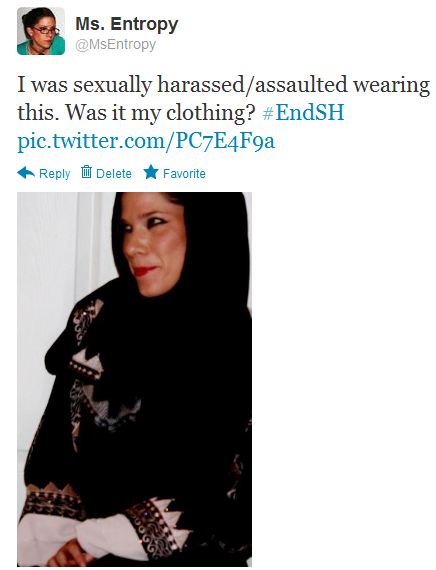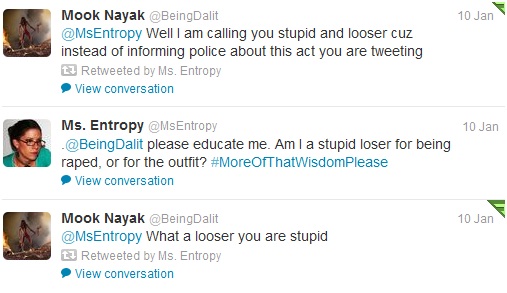
Sexual harassment and assault by men against women is pretty prevalent on public transportation worldwide.
Typically, the way governments deal with this is to tell women to curb THEIR behavior.
Many countries have women-only subway cars and buses, dictating where women should be as they ride public transportation. However, if women don’t ride it (and often, there’s only one or two subway cars available at rush hour, or only one or two bus lines), some men see them as “fair game” for riding in the mixed sex cars or buses.
Then there are victim-blaming signs, such as the one on the right in Singapore, that tell women they’re supposed to be the ones who shouldn’t “get rubbed the wrong way,” rather than telling men to keep their hands to themselves! This poster also advises women to not walk through secluded areas alone and to have an escort when it’s late, which is all impractical “advice” for women who have to work, go to school, and shop late or in secluded areas.
These initiatives do nothing to stop harassment or assault and they actually enable it to occur by always placing the blame on women.
Anti-harassment and assault initiatives must focus on perpetrators, not the victims/survivors!
How about harassers-only subway cars and buses?

